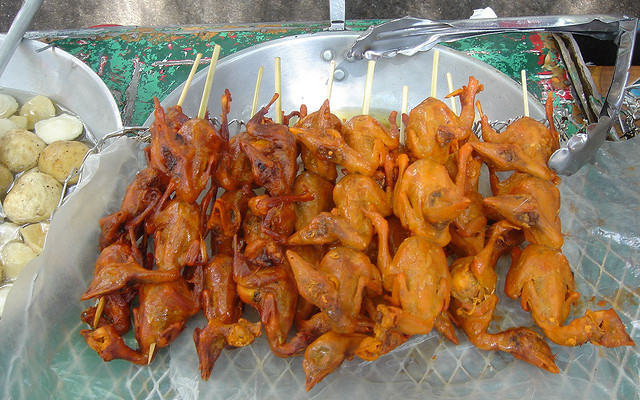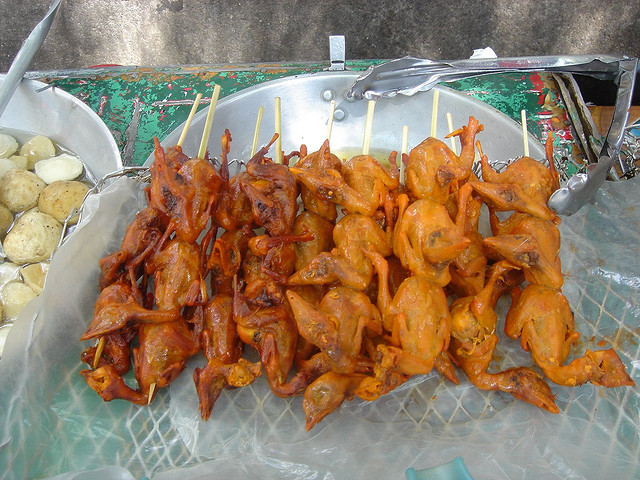By: Karina Melissa Y. Ibabao
Travelers looking to travel to the Philippines, should be aware of the destination’s main health issues and risks. The Philippines is a popular travel destination in Southeast Asia. If you are headed there soon, there are several health risks that you need to be aware of. Consult a doctor before departure. Your doctor or health-care provider will determine what you will need, depending on factors such as your health and immunization history, areas of the country you will be visiting, and planned activities. Here’s a list of the three most common health risks in the Philippines and how to avoid them:
1. Dengue Fever in the Philippines
Dengue fever is a mosquito-born disease and is often common during the wet season, which lasts from May to November. Its symptoms include high fever, body rash, headache and vomiting, which may be complicated by hemorrhage or shock. If you contract the disease, you will need a lot of fluids so as to avoid dehydration. Dengue fever can be deadly and very painful. Unlike the mosquitoes that cause malaria, dengue mosquitoes bite during the day. There is no vaccine to prevent dengue. Prevention centers on avoiding mosquito bites when traveling to areas where dengue occurs.
Prevention:
- Make sure to use insect or mosquito repellent on your skin, especially uncovered parts.
- Choose air-conditioned accommodation and use mosquito nets.
- When outdoors during times that mosquitoes are biting, wear long-sleeved shirts and long pants tucked into socks.
2. Diarrhea in the Philippines
Bad sanitation is a cause of diarrhea, so always bring anti-diarrheal meds with you. While it’s fun to go to wet markets and try out food at hole-in-wall eateries, some of them may not be well sanitized. Use your common sense when trying out street food, i.e. does the food look freshly cooked, has it been cooked at high temperature?
Prevention:
- Remember to wash your hands before eating, preferably with soap, to minimize risks.
- The Philippines offers a variety of delicious fruits that you really need to try. However, it is best to buy or eat fruits that have not been cut up yet. If they already are, check to see if the restaurant or eatery is clean.
- Do not eat fruits or vegetables unless they have been peeled or cooked.
- Avoid cooked foods that are no longer hot. Cooked foods that have been left at room (or sun) temperature are particularly hazardous.
- Avoid drinking tap water, unless boiled, filtered or chemically disinfected.
- Avoid drinks with ice cubes.
3. Malaria Risk in the Philippines
Urban areas are relatively free from malaria. The risk of malaria is only present below 600 meters in rural areas on the islands of Luzon, Mindanao, Mindoro, and Palawan. If you are staying in major cities, you are not likely to contract this disease. Subic Bay is a risk area.
Prevention:
- Do some research on the areas where you are planning to go to and check for risk of malaria.
- Taking medicines to prevent malaria is essential, if you’re visiting an area where malaria is prevalent. Choosing the most appropriate antimalarial depends on many factors such as your individual circumstances and the type of malaria in the area you’re visiting. Note: Chloroquine is NOT an effective antimalarial drug in the Philippines and should not be taken to prevent malaria in this region.
- Avoid mosquito bites by using nets or mosquito repellents, wear long pants and sleeves when trekking and in the evening (when malaria mosquitoes are most active).













